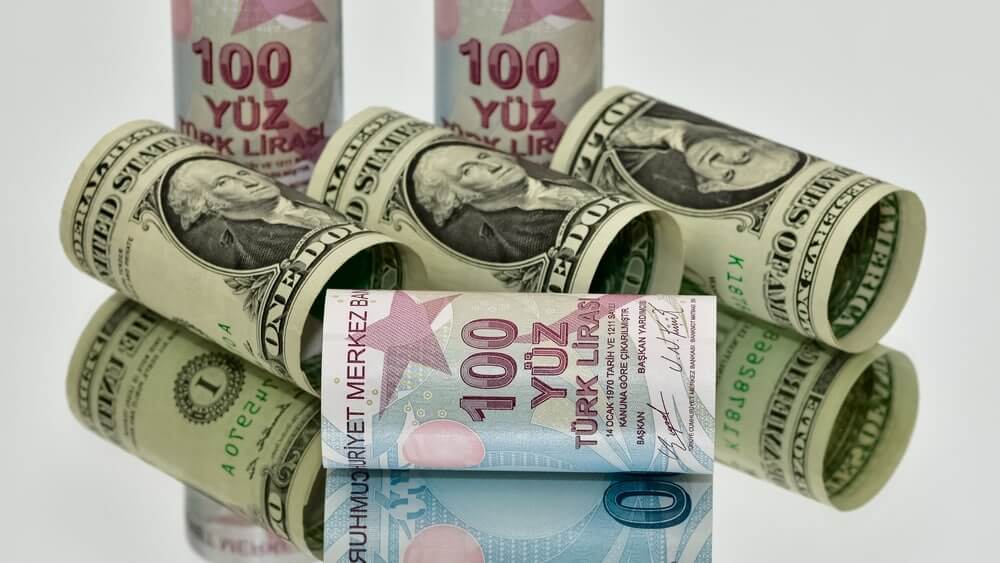
Dollar rests after surging
The dollar paused on Wednesday after a surge in response to the reappointment of Federal Reserve Chair Jerome Powell. In contrast, the New Zealand dollar eased following a smaller-than-expected rate hike.
The unwinding of aggressive expectations could serve as a model for other markets that have become similarly positioned. In the meantime, the kiwi may be under pressure against a rising dollar.
The dollar has risen to its highest level of the year. This was as better-than-expected US economic data fueled bets that the Federal Reserve would raise interest rates to tame inflation. Markets also believe Powell is more likely to respond to inflation sooner and more forcefully than Lael Brainard. Lael is the other candidate for his job nominated as vice-chair. A slew of US data is due later Wednesday, on Thursday, ahead of the Thanksgiving holiday, including jobless claims, growth, and the Fed’s preferred inflation measure.
On Tuesday, the dollar reached a more-than-four-year high of 115.19 yen as two-year Treasury yields rose to their highest levels since March 2020 and Fed funds futures priced in three rate hikes next year.
The Turkish lira has collapsed in emerging markets. It fell more than 11% in one session overnight, paving the way for further capital outflows and potentially putting pressure on EM currencies globally.
Currencies
The US dollar index was unchanged at 96.533 after reaching a 2021 high of 96.612 on Tuesday. It is trading significantly above its 50-day and 200-day moving averages.
On Wednesday, the sterling fell to an 11-month low of 1.3344 against the rising dollar before stabilizing at $1.3380. After failing to a seven-week low of $0.7207 overnight, the risk-sensitive Australian dollar hovered around $0.7255.
The euro held just above a 16-month low of $1.1238, boosted by better-than-expected European business surveys. The yen was trading just above 115.13 per dollar, a four-year low.
The New Zealand dollar was the most volatile currency in an otherwise quiet Asian session. It fell as much as 0.5 percent to $0.6915 after the Reserve Bank of New Zealand raised interest rates by 25 basis points. The euro fell on Wednesday after a survey revealed that German business morale fell in November. The Turkish lira remained under pressure as President Tayyip Erdogan defended interest rate cuts in the face of rising inflation.
German business sentiment fell for the fifth month in a row as supply issues in manufacturing and an increase in coronavirus infections clouded the outlook for Europe’s largest economy’s growth.
-
Support
-
Platform
-
Spread
-
Trading Instrument




